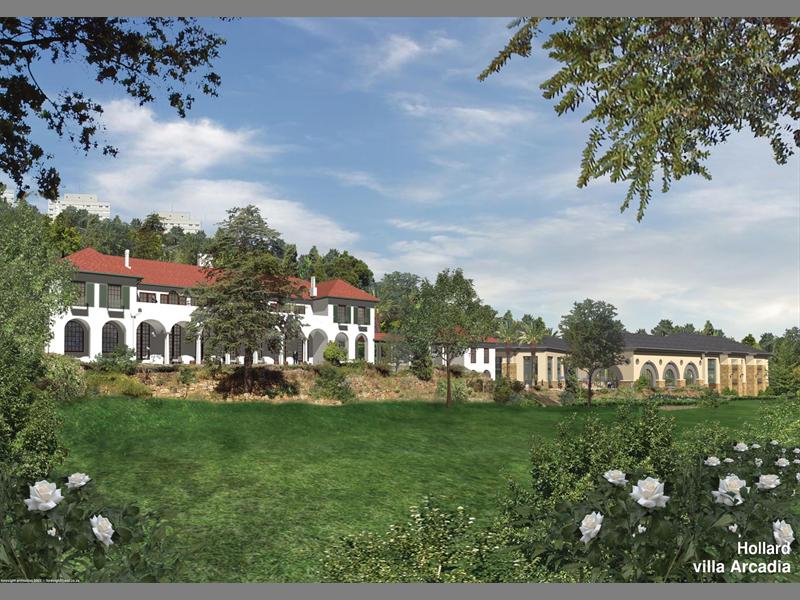A century of childcare
SANDRINGHAM - First opened as an orphanage in 1903 by members of the Jewish Ladies Communal League, Arcadia has been providing a safe haven for the vulnerable children of Johannesburg for over a century.

Today, the Arcadia child and youth care centre, which is home to 17 children aged six to 19 and occupies a cosy Sandringham house, bears little resemblance to the orphanage for 400 children that once occupied historical Villa Arcadia. Except, that is, for the tradition of faith-based care and community involvement through which the centre does its work.
In its long life, Arcadia has seen drastic changes in child welfare practices. While orphanages of the past often removed children from families due to financial difficulty, today the focus is firmly on preventative work. Arcadia attempts to avoid statutory intervention by providing families with support structures, from the day-care, where at-risk children are monitored, fed, and helped with homework, to financial aid for struggling parents. Many services are provided through Chevrah Kadisha, the over-arching Jewish welfare society under which Arcadia has operated since 2002.
Those children who make Arcadia home are placed there through interventions by the Children’s Courts, and the emphasis remains on returning them to their families whenever possible.
“The whole idea is to maintain family structure,” said Tzivia Grauman, Head of Group Communications at Chevrah Kadisha.
The centre provides as normalised, non-restrictive and individualised childhood as possible, says Adina Menhard, Arcadia’s general manager, who has worked at the centre for 25 years. Arcadia’s 17 current residents attend nine different schools, and are encouraged to take a staggering variety of extra mural activities. In the faith-based environment, Menhard recreates the Jewish heritage usually transmitted through family tradition.
Arcadia seeks to support independence, with some children staying until they have completed their university studies. While some leave the centre and never return, many maintain a good relationship with their caregivers, even returning to provide support to later generations. Besides these ‘graduates’, meanwhile, Arcadia depends upon the local community to continue its work on behalf of society’s most vulnerable members.
“These children are receiving opportunities and we need the help of the community to sustain this,” concluded Menhard.




